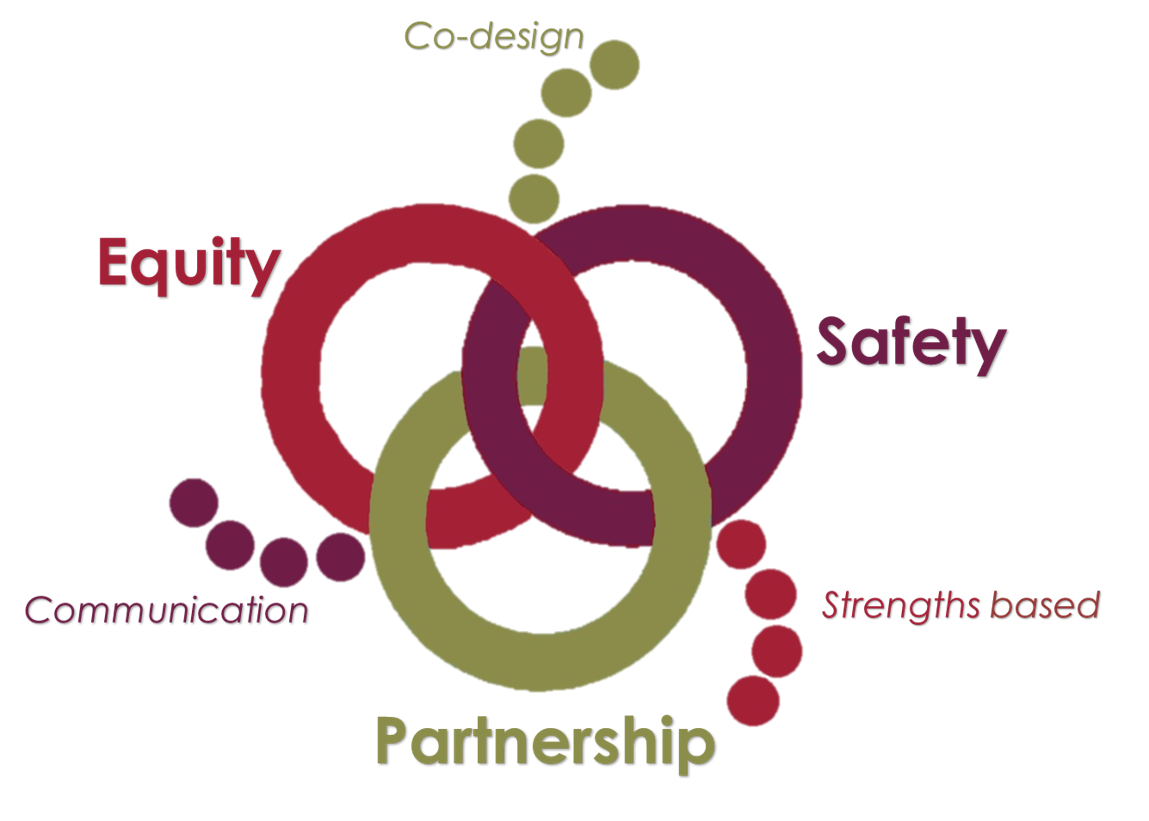Health Journey Mapping: embedding culturally safe practices into healthcare

MEDIA RELEASE – 13 April 2022
Aboriginal and Torres Strait Islander people often experience complex and challenging health care journeys that are culturally unsafe, leading to adverse health outcomes.
Today, Associate Professor Janet Kelly of the University of Adelaide and the Lowitja Institute, launched the Health Journey Mapping tools and resources to improve the quality and cultural safety of Aboriginal and Torres Strait Islander people’s health care journeys.
Lowitja Institute CEO, Adjunct Professor Janine Mohamed, said the tools will help embed culturally safe practices into healthcare through a strengths-based approach.
“Like most Aboriginal and Torres Strait Islander people, I know the critical importance of good health journeys and the harms caused when we experience, all too often, poor health journeys.
“I have experienced this as an Aboriginal woman and mother, as a nurse, and through exploring policy and research on cultural safety, or the lack of it, in mainstream health services and systems,” Adjunct Professor Janine Mohamed said.
“That’s why the Lowitja Institute has been so pleased to be a part of developing the Health Journey Mapping (HJM) package that we are launching today,” Dr Mohamed said.
Developed out of the Managing Two Worlds Together project, led by Associate Professor Janet Kelly and funded by the Lowitja Institute, the HJM project was conducted by members of the Adelaide-based Aboriginal Kidney Care Together – Improving Outcomes Now (AKction) project, which aims to transform Aboriginal and Torres Strait Islander kidney health and healthcare.
“Many people working within hospitals and health services strive to identify and respond to the clinical and cultural safety care needs of Aboriginal and Torres Strait Islander peoples, and to improve overall quality and coordination of care,” Associate Professor Janet Kelly said.
“However, currently healthcare in Australia does not reliably recognize and respond to the diverse needs of Australia’s First Peoples.”
“The tools are based on underlying principles of equity, safety, and partnership, respectful two-way communication, co-design and a strengths-based approach,” Associate Professor Kelly said.
“They provide a way for health professionals to gain a deeper understanding of Aboriginal and Torres Strait Islander peoples’ personal and cultural priorities, strengths, preferences and healthcare needs.”
Associate Professor Janet Kelly, University of Adelaide, SA
The package of tools consists of three mapping tools, a handy user guide, some worked examples and introductory videos. Find out more at: https://www.lowitja.org.au/HJM
For more information or to arrange an interview with Associate Professor Janet Kelly, please contact Amy Hofman on 0405 114 930, communications@lowitja.org.au

